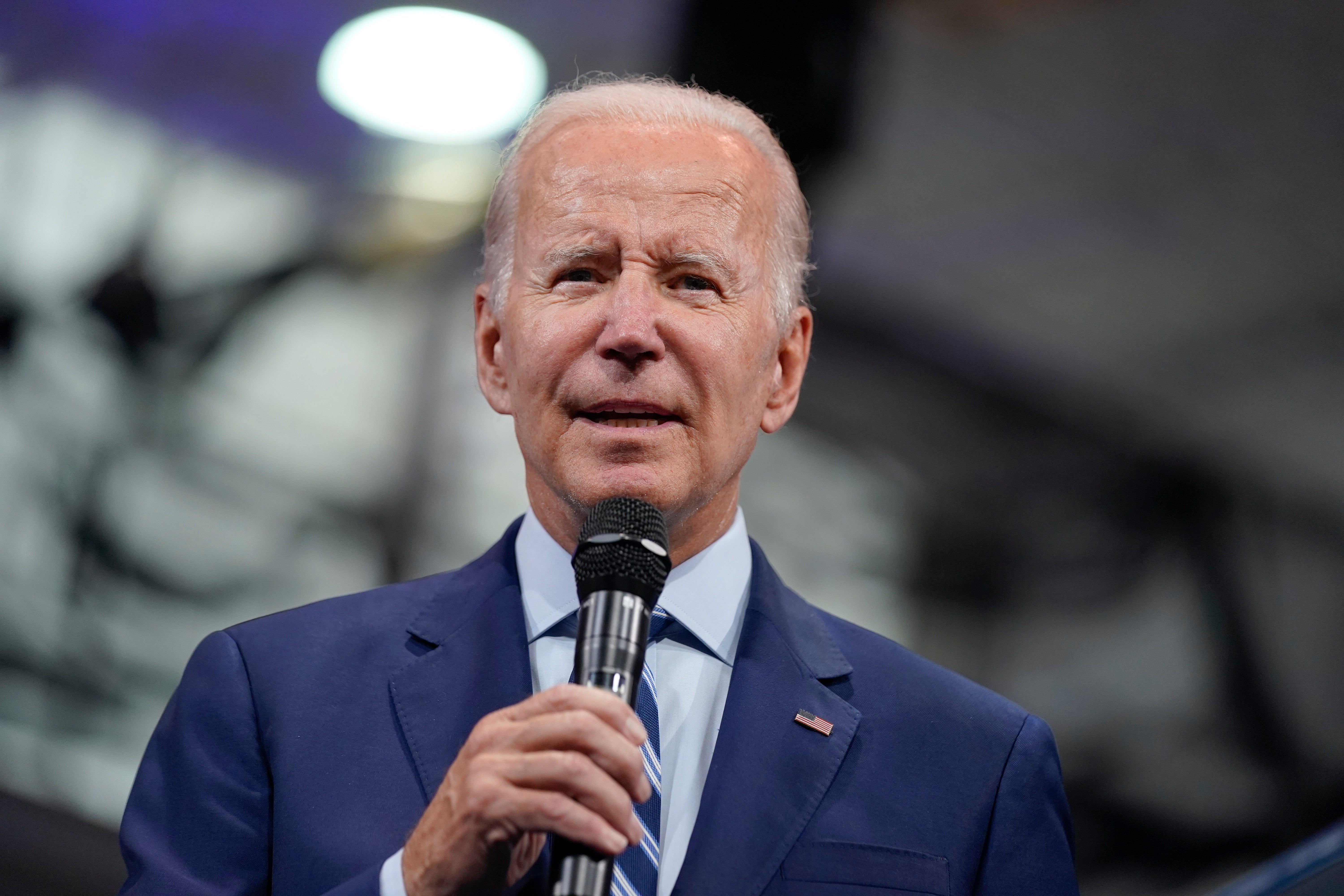Deadly gun violence costs US $557bn a year says new research
Most gun deaths do not occur in mass shootings
Your support helps us to tell the story
From reproductive rights to climate change to Big Tech, The Independent is on the ground when the story is developing. Whether it's investigating the financials of Elon Musk's pro-Trump PAC or producing our latest documentary, 'The A Word', which shines a light on the American women fighting for reproductive rights, we know how important it is to parse out the facts from the messaging.
At such a critical moment in US history, we need reporters on the ground. Your donation allows us to keep sending journalists to speak to both sides of the story.
The Independent is trusted by Americans across the entire political spectrum. And unlike many other quality news outlets, we choose not to lock Americans out of our reporting and analysis with paywalls. We believe quality journalism should be available to everyone, paid for by those who can afford it.
Your support makes all the difference.Gun violence in the United States that annually kills thousands of people also costs the economy billions of dollars, says new research.
In a study that could put pressure on insurance companies and large employers to add their voices to those calling for national action to address the crisis, researchers at Harvard found gun violence cost $55bn annually.
That is the equivalent to more than 2.5 per cent of the US gross domestic product, or GDP.
“The health case for reducing firearm injuries is clear — more than 45, 000 US deaths and likely twice as many non-fatal firearm injuries occurred in 2020, the tip of an iceberg of physical and mental anguish,” writes Dr Zirui Song, professor of health care policy at Harvard Medical School and associate professor of medicine at Massachusetts General Hospital.
“The moral case for reducing firearm injuries is clear — more children and adolescents in the US now die from firearm injuries than from any other cause, an injustice to innocent lives. The legal case for reducing firearm injuries is contentious, although familiar to many — an ongoing tension between a spectrum of opinions related to the Second Amendment.”
He adds: “But the business case for reducing firearm injuries has remained largely neglected. This is especially true for US companies whose revenues, together with their workers’ wages, pay for the health care of employees and dependents who sustain firearm injuries.”
In a paper published in JAMA, Mr Song lays out what might be termed the business case for reducing gun violence.
He notes that in 2020, a total of 45,222 people died from gun-related injuries in the United States, more than any other year on record. While that was a new record, the figure was not entirely dissimilar to other years.
Much of the activism around preventing gun deaths, as well as moves by politicians, often receives more attention when there are mass shootings, such as the attack at the school in Uvalde, Texas this spring when 19 students and two teachers were killed, and 17 others were injured.
In response, in June President Joe Biden signed into law the first major federal gun safety legislation passed in decades, marking a significant bipartisan breakthrough on a contentious policy issue.
While mass shootings – the phrase tends to be used when there are three or four or more victims of gun violence – are common, incidents such as Uvalde are not responsible for the vast majority of gun deaths. Indeed, high-profile mass shootings represent only a small fraction, perhaps as little as one or two per cent, of shooting deaths in the US.
“Even though this staggering macro-level figure is moving from a societal view, it can be difficult for individual employers to discern how much of this cost they bear and whether mitigating firearm injuries is actionable given their opportunity costs,” writes Mr Song.

He says the vast bulk of the cost is attributed to quality-of-life losses. Each non-fatal firearm injury leads to roughly $30,000 in direct health care spending per survivor in the first year alone, writes Mr Song.
“Aside from added spending, losses in revenue and productivity are estimated to cost private employers $535 million per year nationwide. Employers also face the physical and mental consequences. Workers who survive firearm injuries experience a 40 percent increase in pain disorders, a 51 percent increase in psychiatric disorders, and an 85 percent increase in substance use disorders.”
He concludes by saying it might be time for employers to think about whether there is more they can do to help address the gun violence, the level of which is higher in the US than in any other developed nation.
“This evidence suggests that employers and their health insurers sustain a substantial financial burden from firearm injuries and have a financial incentive to prevent them,” Mr Song wrote.
Join our commenting forum
Join thought-provoking conversations, follow other Independent readers and see their replies
Comments